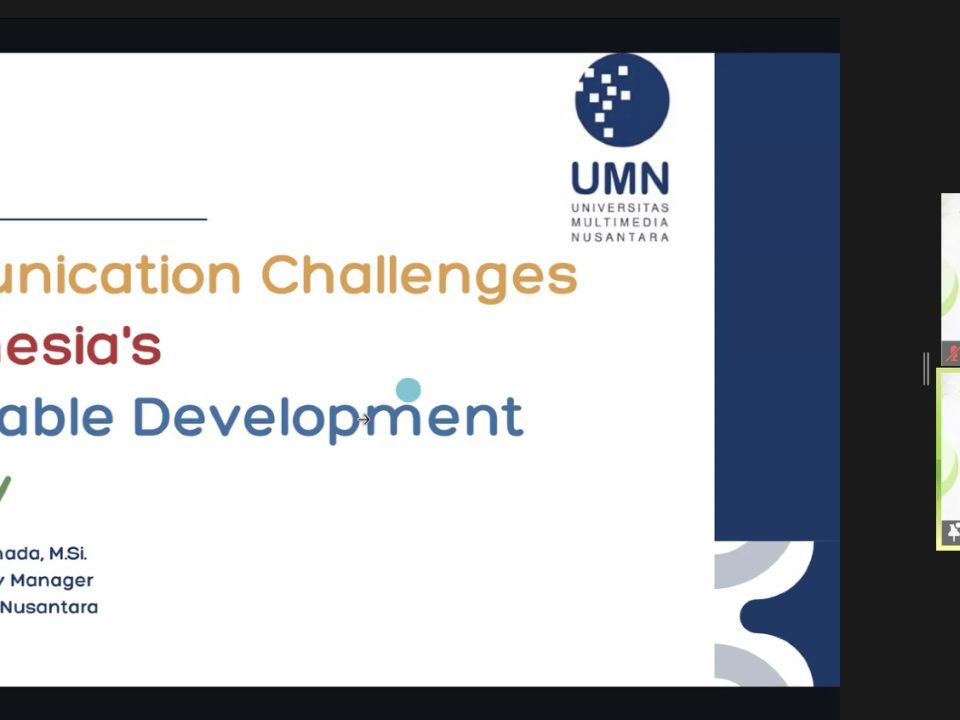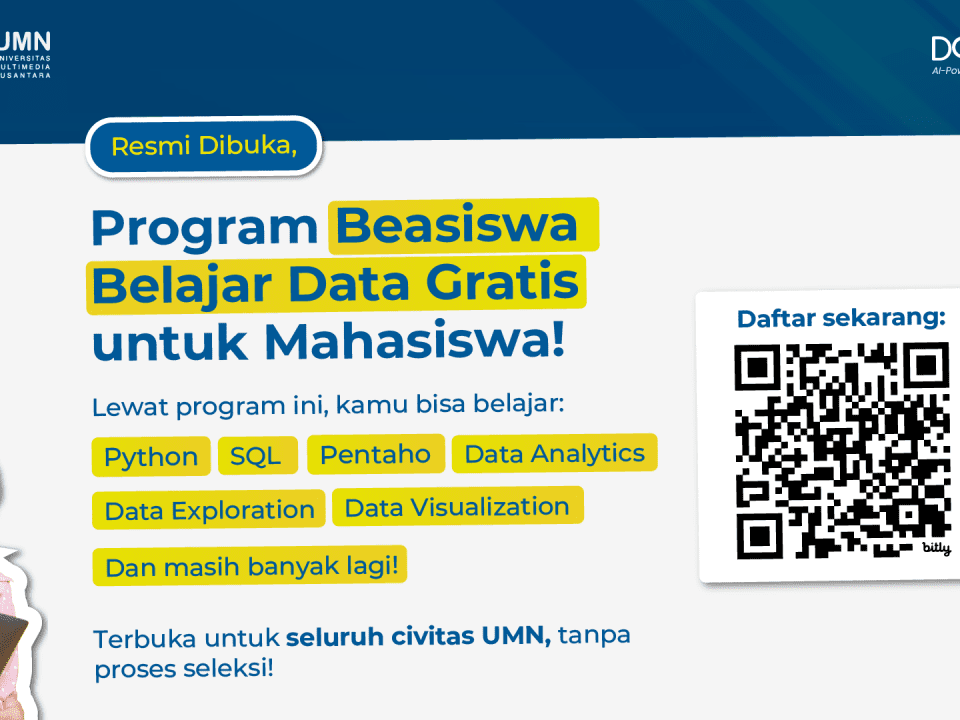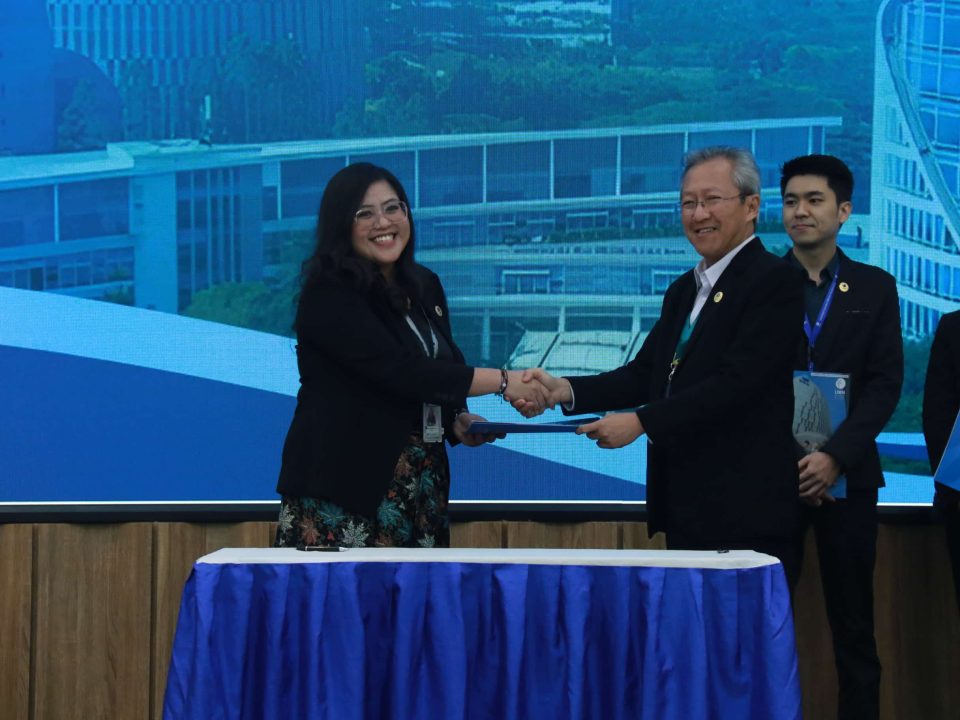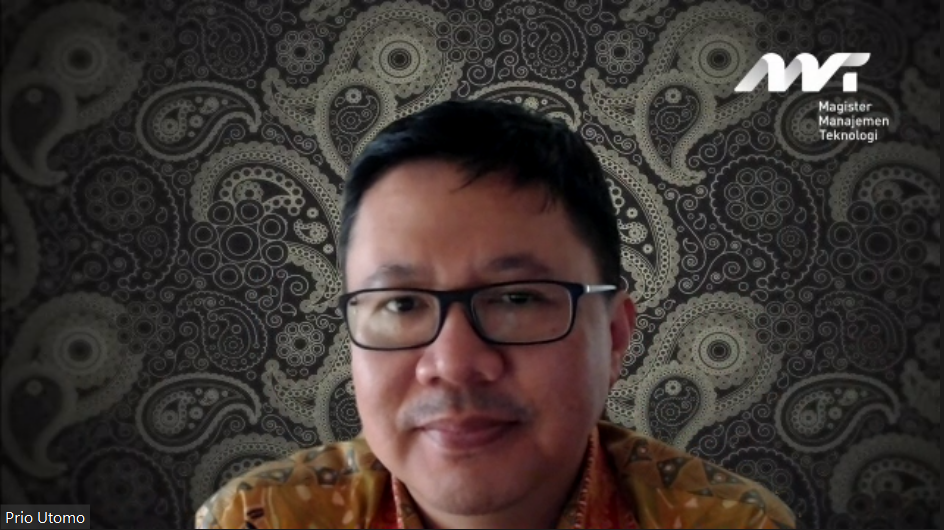
Three Business Ideas MMT UMN Students get many Silver Awards in International Competitions
October 6, 2021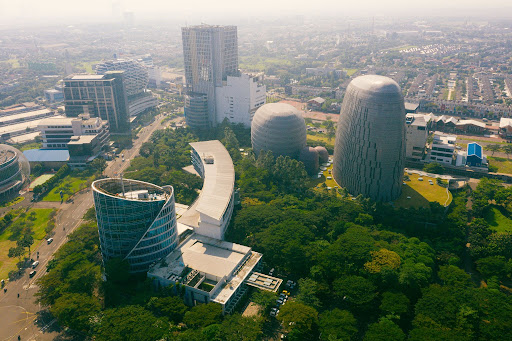
Start Holding Hybrid Lectures, UMN Becomes a Safe and Comfortable Campus
October 7, 2021TANGERANG – Industrial Revolution 4.0 is a stage of industrial development that maximizes internet resources. Just like before, revolutions result in disruptions where various industrial sectors must adapt to innovate. In addition to disruption, revolutions at the same time create new market opportunities.
Industry 4.0 requires the industry to start using integrated computer technology through the internet network. This integration is able to deliver decisions based on algorithms in the absence of human involvement and make the industry move faster and more automatically. Various companies that have applied this system are able to master huge new market opportunities.
Industries that successfully evolved then transformed into smart factories. Smart factory refers to the condition of an industry that is able to work quickly and automatically with the help of technology. Technologies used include artificial intelligence, robotics, analytics, big data, and the internet of things.
Smart factory can not be separated from the existence of big data that becomes an artificial intelligence resource. Big data is managed through electronic systems in the form of cloud computing. The development of big data management with cloud computing produces intelligent systems that are utilized for the development of smart factories.
In response to this technological development, Multimedia Nusantara University together with Silla University of South Korea established KOICA-Silla-UMN 4th Industrial Revolution Technical Center (KSU_4IRTC). KSU_4IRTC is a training center to produce specialists who can support sustainable development in the field of revolutionary technology 4.0. This cooperation received grant funding for the establishment of laboratories from The Korea International Cooperation Agency (KOICA) which is a government organization established by the Ministry of Foreign Affairs of South Korea.
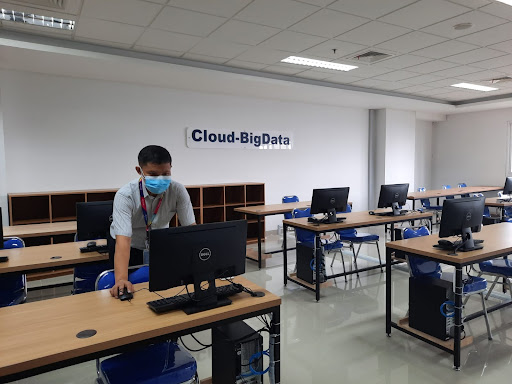
Cloud-Big Data Laboratory at Jakob Oetama PK Ojong Tower 11th Floor, UMN Campus (doc. UMN)
Targeting the younger generation to join and be able to have industry 4.0 competencies, this cooperation began on Monday (6/9). This program involves Lecturers from the Faculty of Engineering and Informatics (FTI) UMN as teaching staff with curriculum from Silla University. In this program, infrastructure is also built in the form of a laboratory located in Jakob Oetama PK Ojong Tower building on the 11th floor of UMN campus.
“Furthermore, this project is expected to increase HR expertise in smart factories, big data and cloud enginering required by the industry today. In the medium to long term, it will make a great contribution in creating jobs in Indonesia for the manufacturing and IT sectors,” said The Program’s Teaching Coordinator and Dean of the Faculty of Engineering and Informatics umn, Dr. Eng. Niki Prastomo, S.T., M.Sc.
Also read UMN Bekerja Sama Dengan Silla University Korea Mendapat Hibah dari KOICA
Program Managing Manager Johannes Boro explained that the training is tailored to the industry 4.0 areas including smart factories and cloud-big data. These two areas become the main focus that will be taught because it is needed in the development of the industry. Participants of this program are free of charge at all and will be given incentives during the internship. Upon completion, participants will get a certificate that is useful as proof of additional competencies needed by the company.
“Participants will get training consisting of two fields, smart factory and cloud-big data. In the field of smart factories, participants will learn the technology of management and operations processes to optimize the quantity and quality of production, cost savings and smooth distribution of an industry. In the field of cloud-big data, participants will be given expertise related to cloud platform services and big data analytics,” said Johannes.
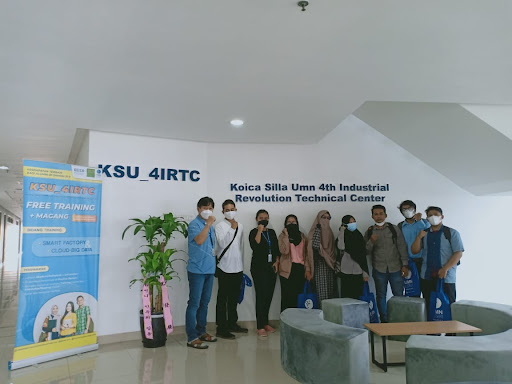
Some participants KSU_4IRTC first class (doc. UMN)
Johannes explained that the first training was the first of five forces to be carried out. Each force will be given four months of training consisting of workshops, training, company visits, internships, and job fairs. Participants who can apply are graduates of D1 to S1 who have not worked. In this first generation, after the registration process, there were about 160 prospective participants who signed up. After being selected, 40 participants were selected who were divided in two with each participant: 20 participants learned smart factory and 20 participants learned cloud-big data.
“The training will be conducted in the KSU_4IRTC laboratory located at the UMN Campus. However, because the conditions are still pandemic, training is run online using e-learning facilities from UMN,” concluded Johannes.
by Stephanus Novi | UMN News Service
Kuliah di Jakarta untuk jurusan program studi Informatika| Sistem Informasi | Teknik Komputer | Teknik Elektro | Teknik Fisika | Akuntansi | Manajemen| Komunikasi Strategis | Jurnalistik | Desain Komunikasi Visual | Film dan Animasi | Arsitektur | D3 Perhotelan | International Program, di Universitas Multimedia Nusantara. www.umn.ac.id

